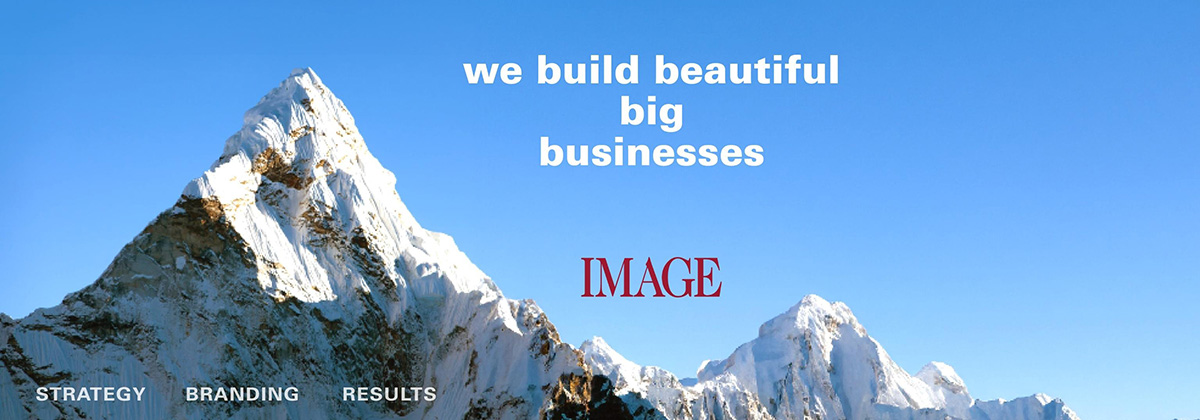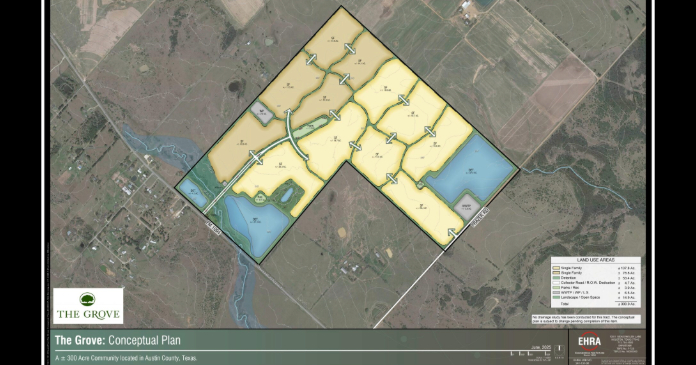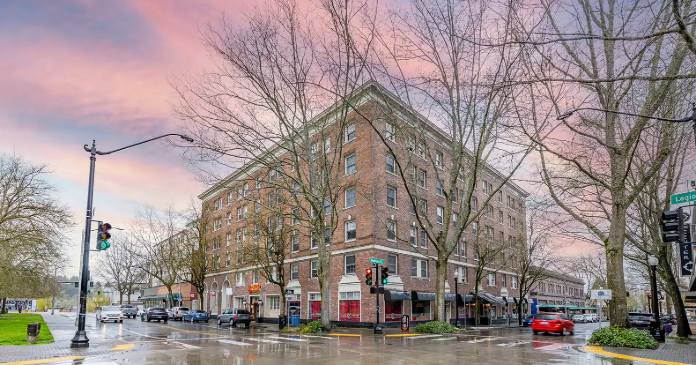The 2021 movie Old by M. Night Shyamalan is based on the French-Swiss graphic novel, Sandcastle, by Pierre Oscar Levy and Frederik Peeters.
Its main theme centers on man’s relationship with time. Man’s tendency is to behave primarily in the context of the here and now, and the movie centers on how that focus abruptly shifts when this context expands to the whole of one’s life.
Aside from the movie’s grander message around human value there’s the underlying story of those who are observing and drawing conclusions from human behavior in real time. Their method and process for gathering this knowledge is nothing short of morally bankrupt, but the act of seeking this data in order to better serve constituencies is a basic standard of every business.
Elevating a market is the value proposition of free market enterprise. When this is done well, the rewards are financial and otherwise. The unspoken pledge of business—do no harm to your market—is fairly basic stuff if you live in Realsville and it’s an understanding that private industry knows well.
Reason, logic and knowledge of history are simple but valuable tools that allow most business owners and operators to foresee the outcomes of events in real time without a script or movie set.
Outcomes are fairly predictable.
Housing entrepreneurs have built their businesses on market logic and reason, and will continue to do so into the future.
In Old, researchers needed accelerated time to determine outcomes. If you run a business you only need to look to history or experience to determine human behavior and predict success or failure.
Multifamily is replete with case studies, good and bad. When we fail we suffer financially but even more so, society as a whole feels great pain: Less housing, instability.
Yield Pro has covered the greatest of failures etched on my own soul having grown up in St. Louis: Pruitt-Igoe. This political scheme greatly harmed generations and devastated my hometown for decades (The Closer). Why are we still writing about it 50 years later? Because the same ill-begotten logic continues to rear its ugly head in cities such as St. Paul and San Francisco.
Following success means allowing the private sector to do what it does best: Partner with market constituencies to deliver what the market needs, not what bad actors, intentional or otherwise, need to elevate themselves.
As political schemes go, Environmental, Social and Governance (ESG) is in the news bigly these days. Perhaps the ambition of its goals has lent to the fact that there really are two faces to this massive initiative. Owners and operators know what works in the light of day. Operational efficiency is an easy sell. Greater resiliency, lower energy bills, cleaner built environments. These all have pay off models that owners and operators can calculate and build into revenue streams while providing value to residents and future generations with clean air and energy independence.
Those are great ESG values. However, constructs without discernible value points remind me of the Pruitt-Igoe promises. Owner beware. But you already knew that.
The Department of Energy will be raising its efficiency standards in January (cover story) and American business is at the ready with its usual brilliant innovation. Such American ingenuity will get us through, now and always.
Lest we forget. Small businesses have created nearly two-thirds of new private sector jobs driving the U.S. economy and keeping the American dream alive. Housing is a significant part of this engine.
Ninety-nine percent of all U.S. business are small to medium businesses, 500 employees or fewer. (U.S. Small Business Association, SBA). Of all new jobs created between 1995 and 2020, small businesses account for 62 percent—12.7 million compared to 7.9 million by large enterprises. Small businesses accounted for 44 percent of U.S. economic activity (2019 SBA report).
Housing stabilizes a nation. Our ability to provide this to a nation in need will be judged only in time.














